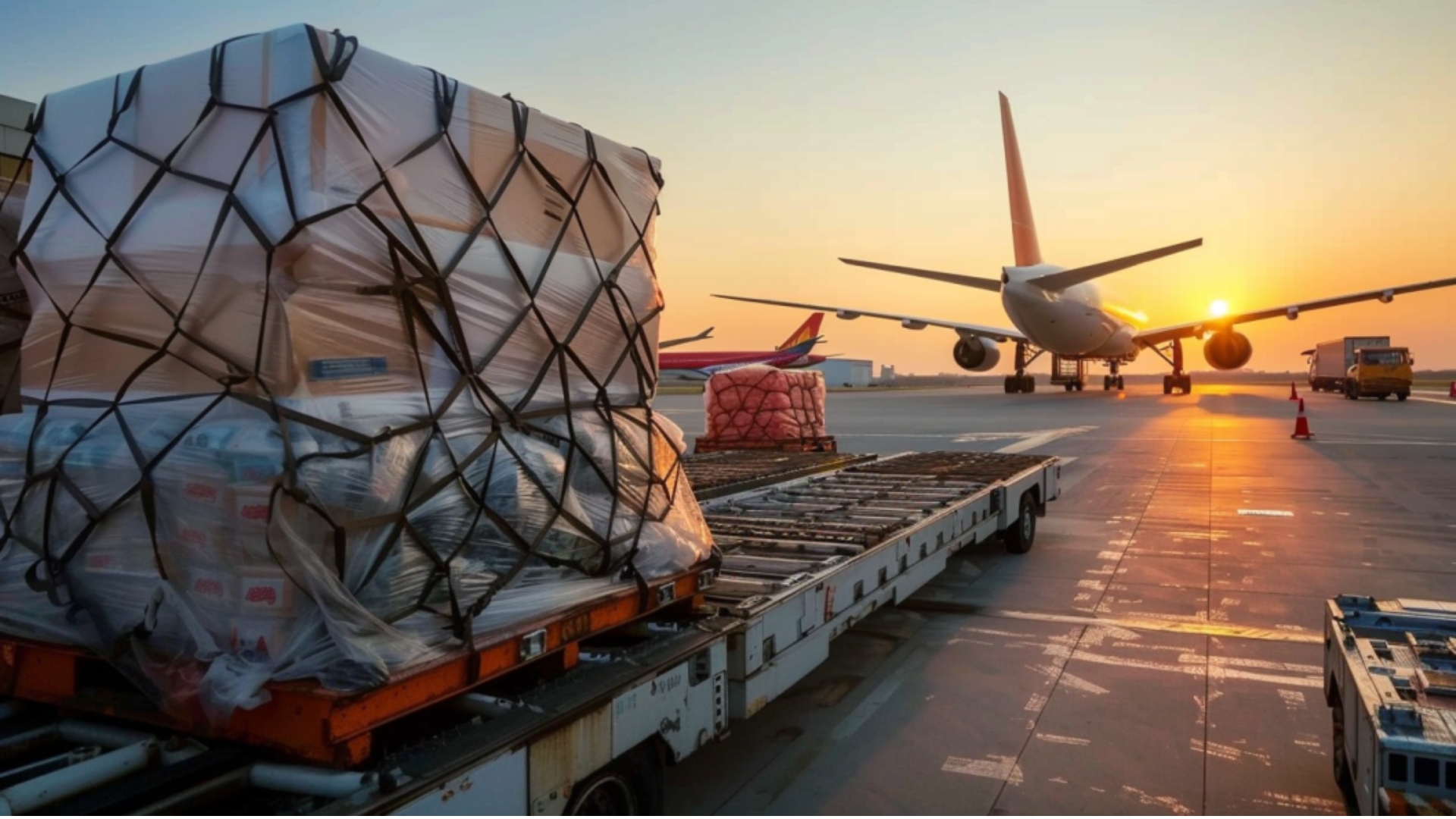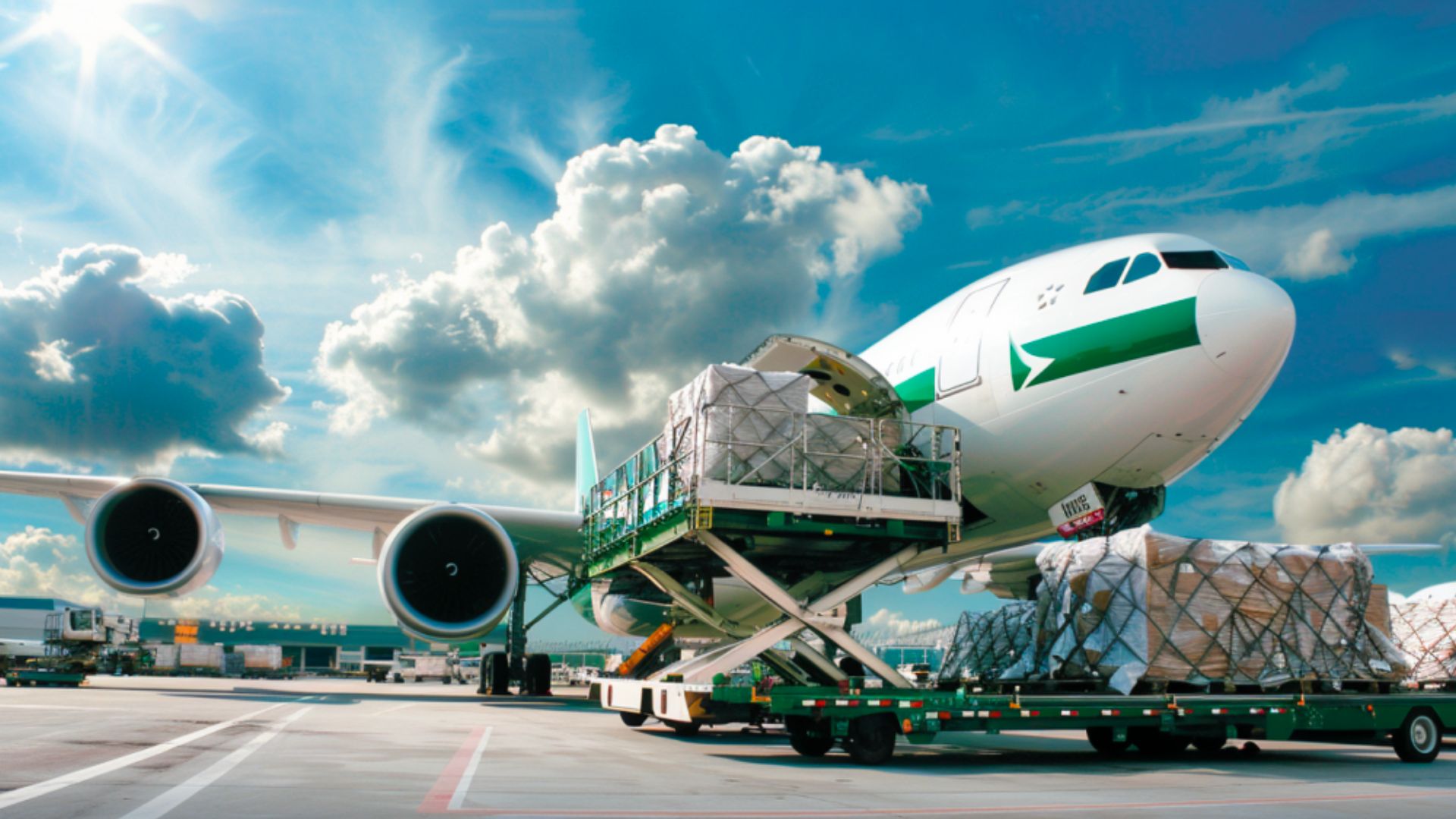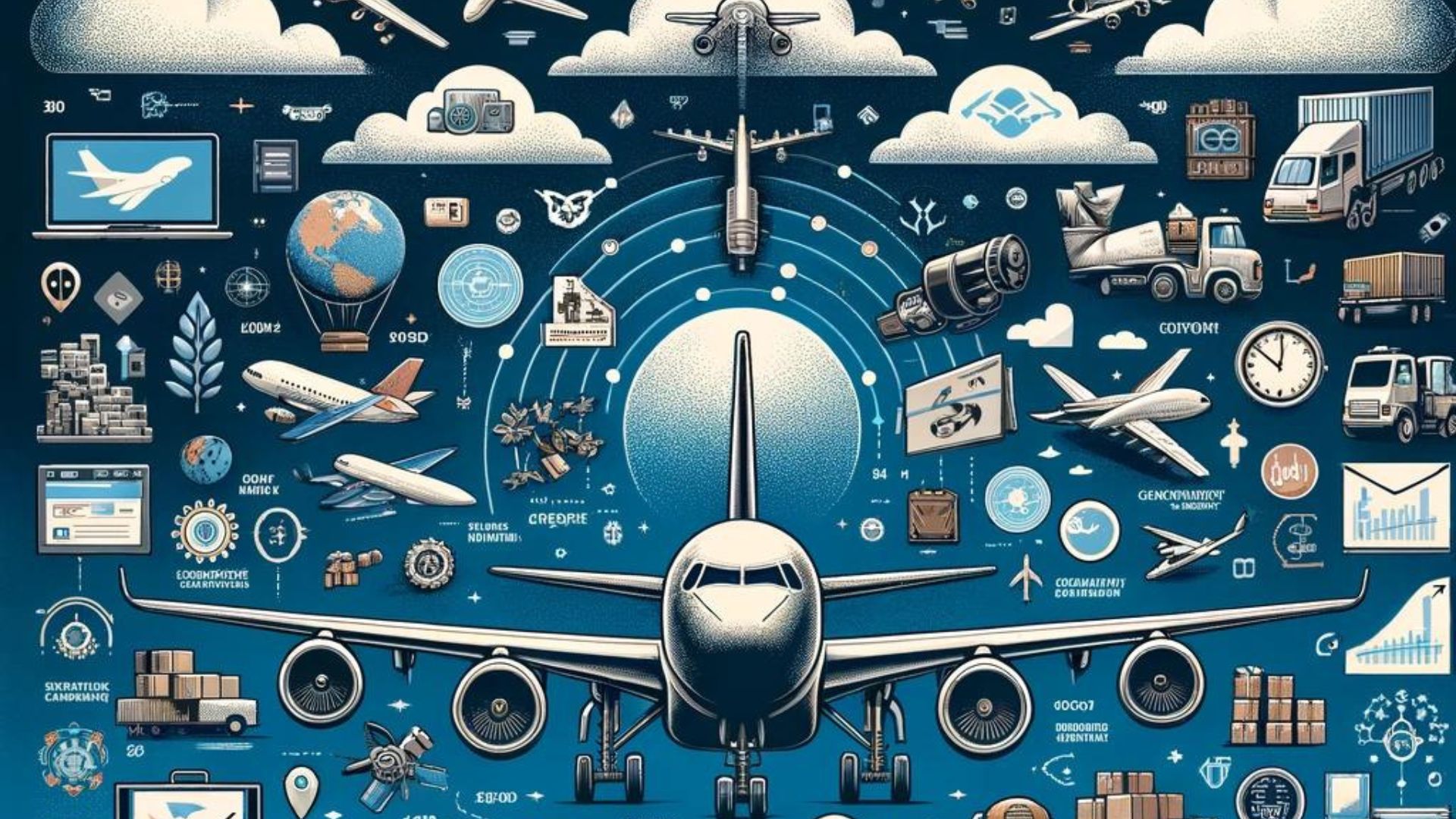The International Air Cargo Association of Chicago (IACAC) and our members are at the forefront of a significant shift in the logistics landscape, driven by a robust surge in the air cargo market. A recent FreightWaves article illuminates this trend, highlighting a double-digit growth in air freight volume in the early months of 2024. This growth trajectory, spurred by increased e-commerce activity, manufacturing shifts, and geopolitical disruptions, positions Chicago as a pivotal hub for air freight, offering a myriad of opportunities for local and international logistics players.
The air cargo market's impressive start in 2024 is a beacon of optimism, especially for a city like Chicago, with its strategic position and extensive logistics infrastructure. The city stands to benefit significantly from the uptick in air freight volume, which is largely attributed to the robust e-commerce exports from Asia, particularly South China and Hong Kong. As international consumers lean heavily on quick delivery services for their online purchases, Chicago's air cargo capabilities are crucial in meeting these demands efficiently.
Red Sea Blues
Moreover, the geopolitical tension around the Red Sea has rerouted ocean freight, compelling shippers to pivot towards air cargo as a reliable alternative. This shift not only underscores the agility and flexibility of air freight solutions but also highlights Chicago's role in maintaining the continuity of global trade flows amidst disruptions.
For members of the IACAC and the broader air cargo industry, this wave of growth presents a strategic opportunity to reinforce Chicago's position as a key logistics hub. The city's advanced air cargo facilities and connectivity offer a competitive edge in handling increased volumes, ensuring that goods move seamlessly across global supply chains. Furthermore, this surge is a clarion call for innovation in air freight services, urging stakeholders to invest in technology and infrastructure that enhance operational efficiency and sustainability.
How Sustainable is the Growth?
However, the sustainability of this growth wave is a subject of discussion. While the current upturn offers a myriad of opportunities, it also invites scrutiny regarding its longevity. Stakeholders must consider factors such as global economic stability, trade policies, and the eventual normalization of shipping routes. Hence, it's imperative for the Chicago air freight community to leverage this growth period to build resilience, adapt to changing market dynamics, and foster long-term strategic partnerships.
The recent upswing in air cargo volume heralds a period of significant opportunity for Chicago and the global air freight industry. As stakeholders navigate this evolving landscape, the focus should be on harnessing this momentum to bolster Chicago's status as an indispensable node in the international logistics network, driving innovation, efficiency, and sustainability in air freight services.


